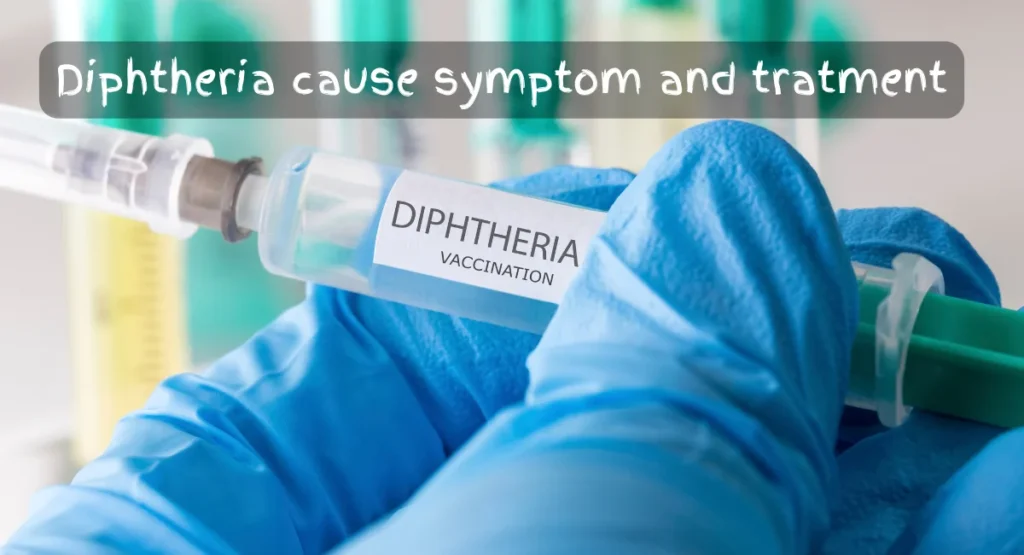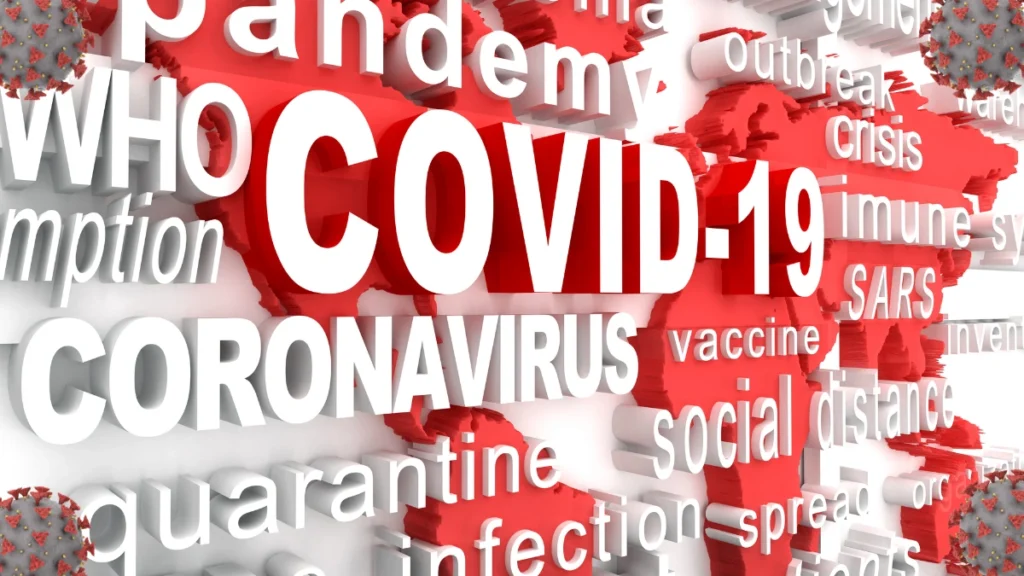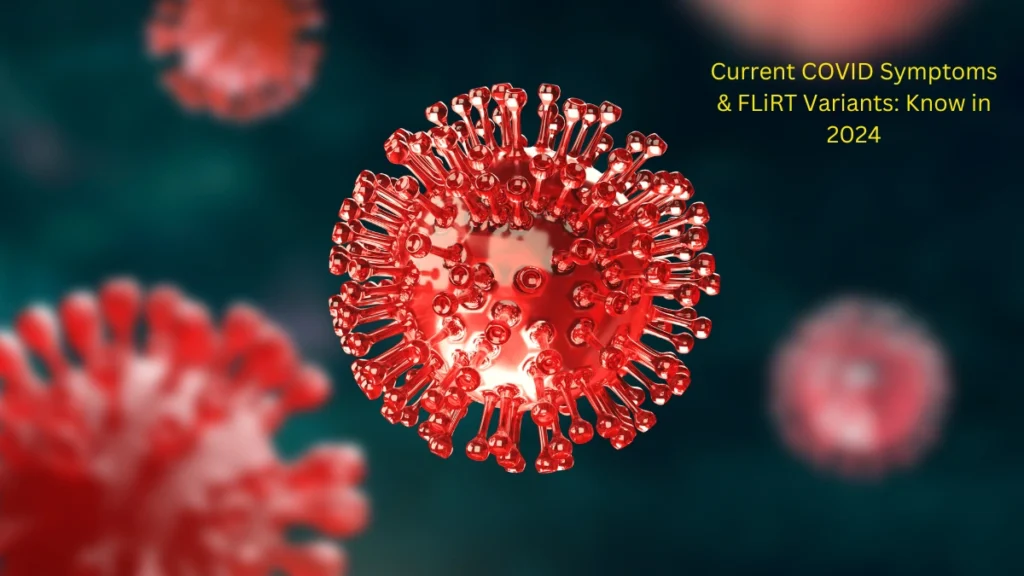
Table of Contents
ToggleParvovirus: A Highly Contagious Respiratory Virus
A highly contagious seasonal respiratory virus known as parvovirus B19 is on the rise in the United States, with a significant surge in cases reported among children aged 5 to 9. The Centers for Disease Control and Prevention (CDC) has issued a health advisory, warning families and healthcare professionals to be on the lookout for the symptoms of this common, yet potentially serious, illness.
**Understanding the Risks of Parvovirus**
humanParvovirus, commonly referred to as “slapped cheek disease,” is a mild respiratory virus that affects the respiratory system. In children, it can lead to a distinctive red rash on the cheeks and thighs, giving it its nickname. While the illness is generally mild in healthy children and adults, certain groups are at a higher risk of severe complications if infected, including:
**High-Risk Groups**
- Immunocompromised individuals: Those with weakened immune systems due to conditions such as HIV/AIDS, cancer, or taking immunosuppressive medications are more susceptible to serious complications.
- Pregnant women: Pregnant women are at risk of complications such as miscarriage and stillbirth if infected with parvovirus during the first trimester.
Recognizing the Symptoms of Parvovirus
HumanParvovirus can cause a range of symptoms, including:
- Fever
- Runny nose
- Cough
- Sore throat
- Skin rash (on the cheeks and thighs in children)
Prevention and Treatment of Parvovirus
While there is no specific treatment for parvovirus, thankfully, most people can recover on their own without significant treatment. To prevent the spread of the virus:
- Practice good hygiene: Wash your hands frequently with soap and water, and avoid touching your face.
- Avoid close contact with anyone who is sick
- Stay home if you’re feeling unwell
**Staying Informed and Vigilant**
As the number of cases continues to rise, it’s crucial to stay informed about the risks and how to protect yourself and your loved ones. If you or your child experiences any of the symptoms mentioned above, consult your doctor or healthcare professional for guidance.
The CDC has issued a health advisory, reminding healthcare providers to be aware of the signs of parvovirus and report suspected cases. By staying vigilant and taking preventive measures, we can work together to slow the spread of this highly contagious virus.








